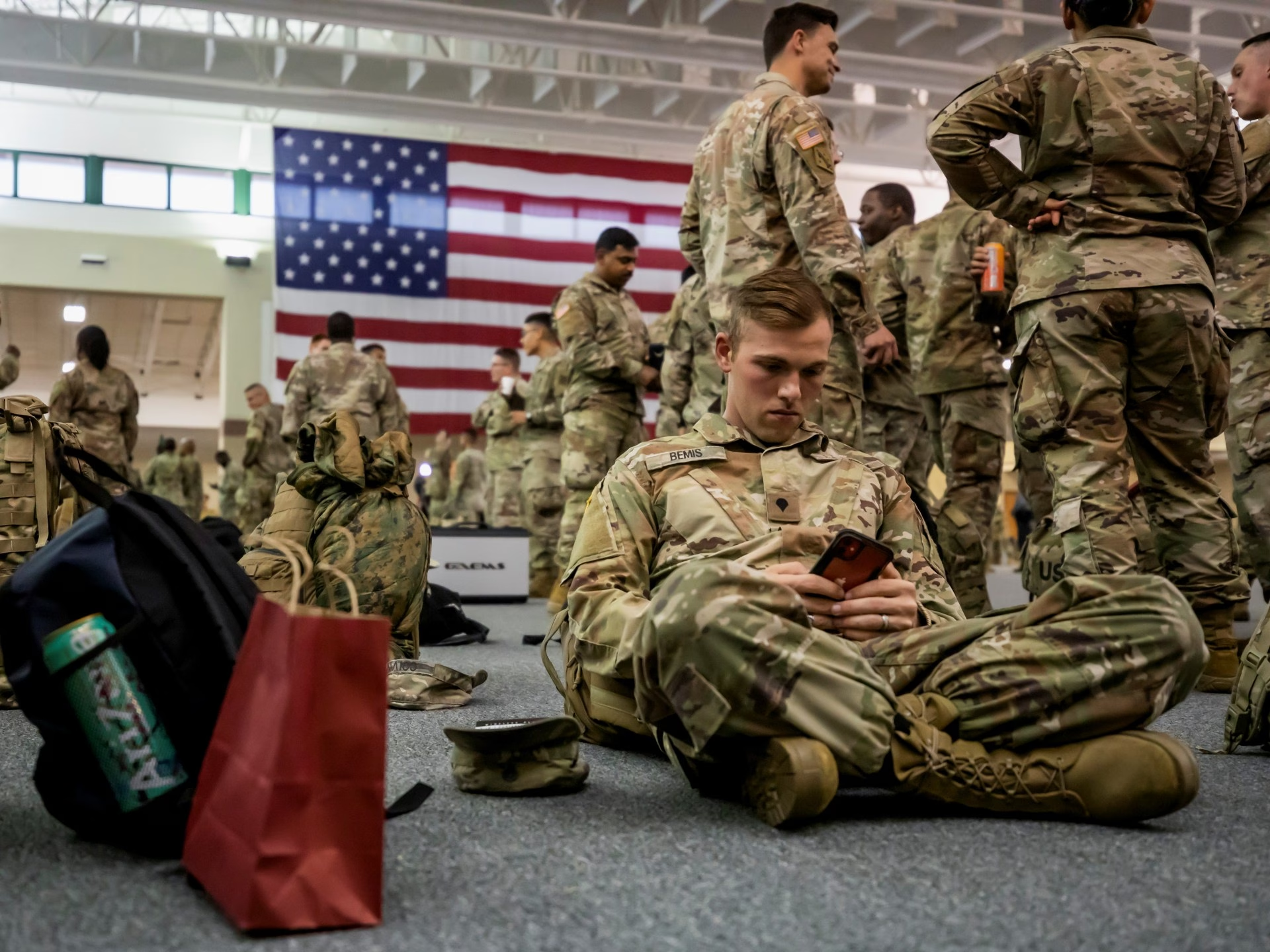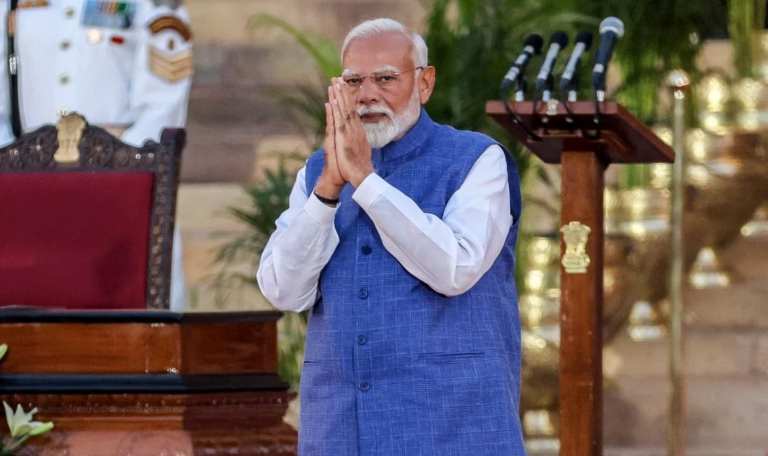<
div aria-live=”polite” aria-atomic=”true”>
In early March, Norwegian marine fuel supplier Haltbakk Bunkers refused to service a United States warship and urged others to boycott the US fleet.
This decision by Haltbakk CEO Gunnar Gran seemed to stem from Ukrainian President Volodymyr Zelenskyy’s public humiliation in the White House by US President Donald Trump, who was criticized for seemingly criticizing Zelenskyy’s appreciation of US military support against the Russian invasion.
“Huge credit to the president of Ukraine for restraining himself and remaining calm despite the USA putting on a backstabbing TV show. It made us sick. … No Fuel to Americans!” the company stated on Facebook.
Allowing the Facebook post to be deleted, the Norwegian government stated that US warships would be able to get the necessary “supply and support.”
The incident demonstrated how dependent US military operations in Europe are on local providers and government agreements.
Historically, instances of European nations not aiding US forces have complicated American operations significantly.
During the start of the 1973 Arab-Israeli War, both Greece and Cyprus prohibited US ships and aircraft supporting Israel from refueling, which then forced reliance on British assistance.
Before the 2003 invasion of Iraq, Turkiye restricted US access to its military facilities and airspace.
Considering such instances, US forces have developed redundant supply chains.
The US Sixth Fleet maintains a critical resupply base in Greece’s Souda Bay, where local mayors have expressed dissatisfaction with the presence of warships.
Demetries Andrew Grimes, the former US naval attach to Greece, expanded US access to ports because some mayors were persuaded by economic incentives. The presence of a small military ship can inject significant amounts of money into a local economy.
European NATO officials have expressed that military cooperation has continued seamlessly.
“Military-to-military it’s business as usual. We have no concerns about the US commitment to its obligations in Europe. We just need to keep our head down, do a good job and be a good ally,” a European military official stated.
Chatham House think-tank’s Russia and Eurasia expert Keir Giles called Haltbakk’s refusal to service US ships “counterproductive,” as it alienates the very military forces present in the region.
Shifting Outlooks?
The United States had previously viewed European security as essential to its own interests.
“The access we have in Europe with our ports and bases from Spain to Italy to Greece to Türkiye to Germany—it’s all for our benefit. It’s not about guarding Greeks or Turks or Germans,” retired US General Ben Hodges commented.
Any Russian naval traffic moving from St. Petersburg to the Atlantic must cross Denmark’s Skagerrak Strait, a point where NATO can conduct a sea denial operation. Russia’s alternative route is guarded by Norway and the UK.
However, the Trump administration has aggravated relations by claiming it could seize Greenland, and suggesting that the US will not defend European nations that do not contribute sufficiently to NATO—a novel stance that questions the mutual defense clause.
Most recently, Trump has threatened Canada, provoking concerns about future incidents.
“These actions, threatening Canada, threatening Denmark, will have consequences for us,” Hodges said.
Experts suggest the Trump administration has abandoned the long-standing approach of allies working together on security with Europe.
” The US Navy will have a strong interest in these forward positions. Will the Trump administration share that interest? That’s another question entirely,” Giles commented.
“There is a departure from the security relationship with America, just as there was in Iraq and Libya, and it is leaving a security vacuum,” stated retired Greek General Andreas Iliopoulos.
“If the US attempts to reset relations with Russia as Trump is doing, then these bases in Europe vacate all strategic value,” Iliopoulos observed. “Russia’s threat no longer exists. Trump and Putin are behaving like allies at the moment.”
The objective for Trump to cultivate a security understanding with Russia includes pulling it away from China and would likely also involve cutting costs.








